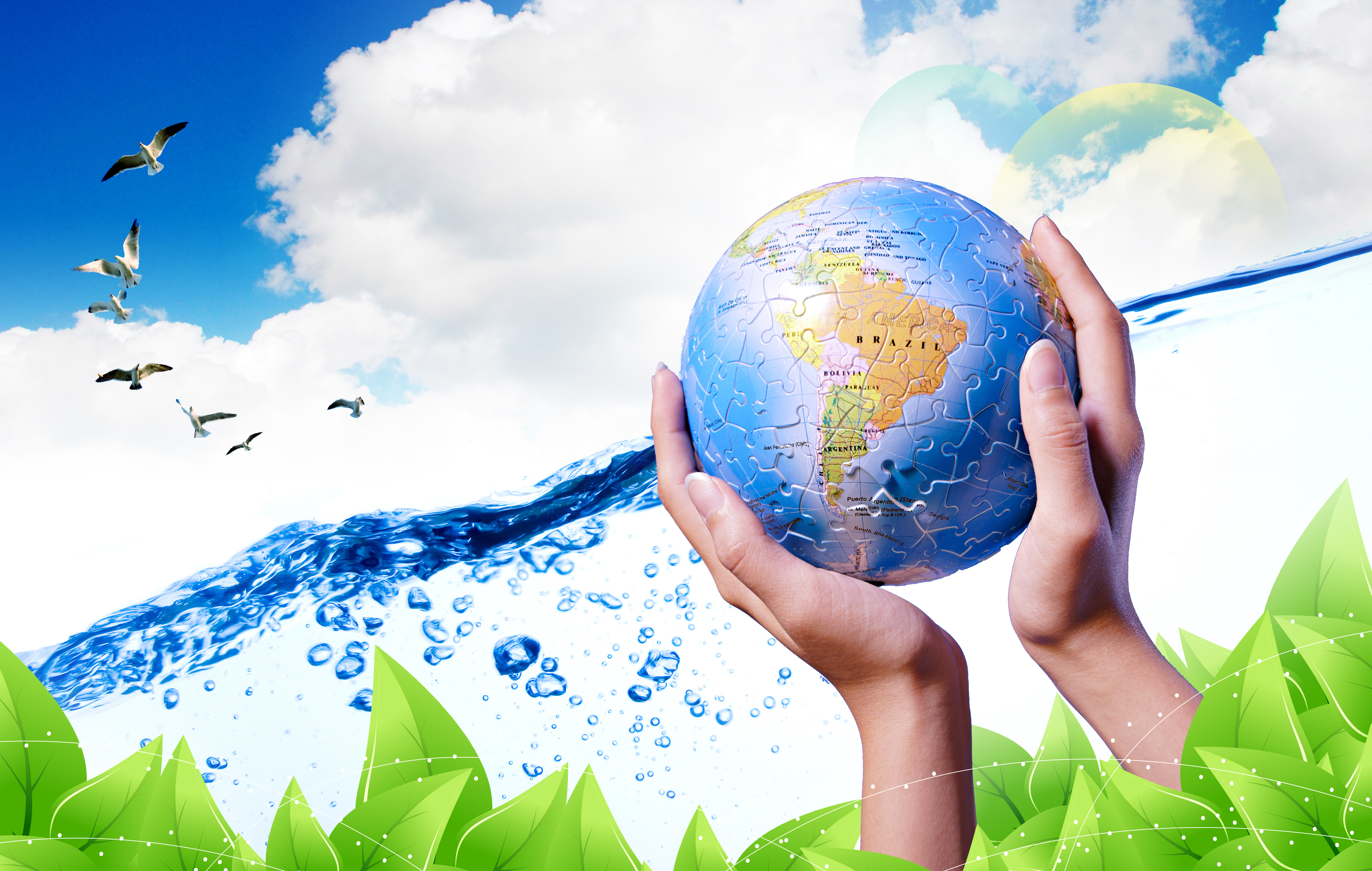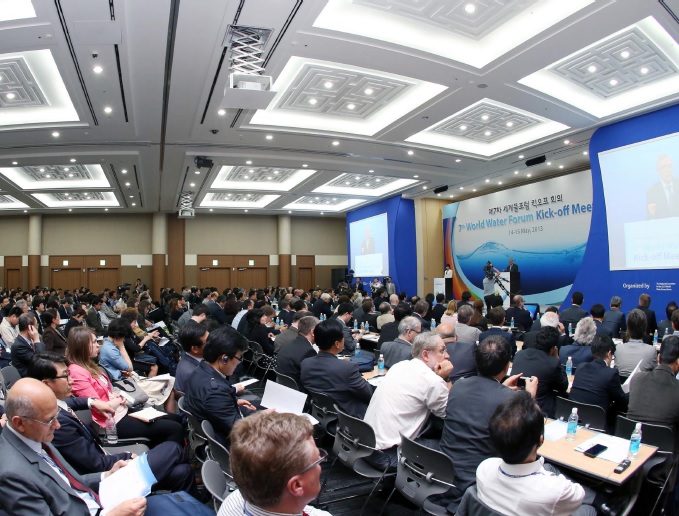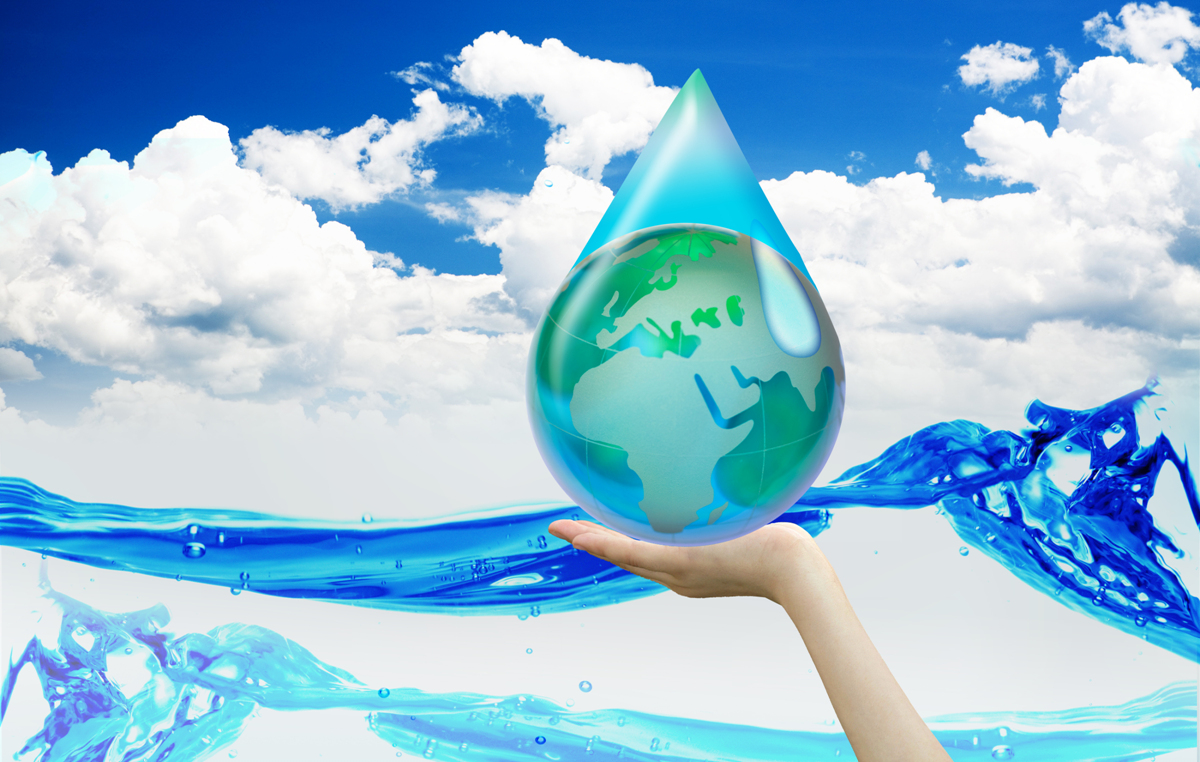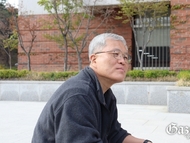
Water is essential for human life. However, water is insufficient around the world, and many countries have difficulty managing water in a hygienic way. Therefore, many countries make efforts to get clean, safe water and to prevent disasters related to water. Governments, scholars in the water field, and NGOs established the World Water Council (WWC) to find solutions to global water problems. The World Water Council proposed the World Water Forum to discuss water problems around the world in 1997.
World Water Council (WWC)
The World Water Council (WWC) is an international non-profit umbrella organization in the water field. Korean organizations such as the Ministry of Land, Infrastructure and Transport, the Korea Water Resources Corporation, and the Korea Water Forum participate in the World Water Council. The head office of the World Water Council is in Marseille, France. Intergovernmental organizations, governments, and companies such as Doosan Heavy Industries & Construction and Leading Solutions Group, Korea, look for solutions to water problems and cooperate with each other. Now, more than 300 members from 60 countries participate in the World Water Council. The World Water Council has held the World Water Forum every three years since 1997.
World Water Forum
The World Water Forum is the largest international event in the water field. Every three years since 1997, the World Water Council has held the World Water Forum around World Water Day (March 22). The first World Water Forum was held in Marrakesh, Morocco, in 1997. 5000 people from 63 countries participated, and the Marrakesh Declaration, which included the recognition of the basic human need for clean and safe water and hygiene, was adopted. The second World Water Forum was held in The Hague, the Netherlands, in 2000. 5700 people from 156 countries participated, and the forum adopted the Ministerial Declaration of The Hague, which aimed to secure safe water in the twenty-first century. The third forum was held in Kyoto, Shiga, and Osaka, Japan, and the fourth forum was held in Mexico City, Mexico. In 2009, the fifth World Water Forum was held in Istanbul, Turkey. The Istanbul Declaration, which said that local governments have responsibility for water and hygiene, was adopted in this forum. The sixth World Water Forum was held in Marseille, France, in 2012. This World Water Forum will be held in Daegu and Gyeongju, Gyeongbuk.

7th World Water Forum 2015
The 2015 Daegu and Gyeongbuk World Water Forum is the seventh World Water Forum. The theme of this forum is Water for Our Future. The dates are April 12 to 17. The venues are Daegu EXCO and Gyeongju HICO. Governments, international organizations, NGOs, and the water industry from 200 countries will participate. The programs are largely divided into four programs. The four programs are themes related to water such as climate change, disasters, and green growth, a political program, a regional program, and a science and technology program. The science and technology program was introduced in this forum. The thematic and science and technology programs will be held in Daegu EXCO, and the political and regional programs and the Citizen’s Forum will be held in Gyeongju HICO.
The thematic program is the most important in the World Water Forum. In this program, many organizations like governments, enterprises, and NGOs select and discuss various themes such as climate change, disasters, and green growth. The main goal of this World Water Forum is finding socially and environmentally realistic solutions to water problems. The themes are water security for all, water for development and prosperity, water for sustainability: harmonizing humans and nature, and constructing feasible implementation mechanisms.
The political program provides heads of state, ministers, legislators, and local authorities with the opportunity to communicate with each other about global water problems. Drawing from the results of the thematic, regional, and science and technology programs, the Ministerial Declaration is adopted in the political program. The political program is divided into three programs: ministerial, local authority, and parliamentary programs. The ministerial program is the most important because the Ministerial Declaration is adopted. In the parliamentary program, legislators from the host country cooperate with legislators from around the world and discuss legislation and finance to implement solutions to water problems. In the local authority program, a selected local government head delivers a keynote address and local heads look for realistic solutions to water problems.
In the regional program, the world is divided into seven regions. The seven regions are Africa, the Americas, Asia-Pacific, Europe, Arabia, the Mediterranean, and the economically water insecure (EWI). Organizations such as the Asia-Pacific Water Forum (APWF) and the African Minister’s Council on Water (AMCOW) look for solutions to water problems in their region. The solutions discussed in the thematic, political, and science and technology programs are implemented in each region.
The science and technology program is new in the seventh World Water Forum. This program emphasizes the importance of science and technology in solutions to water problems. Countries share recent technology and information related to water, so the technological gap between developed countries and developing countries is decreased.
In addition to these four programs, there is the Citizen’s Forum. In the Citizen’s Forum, civil organizations discuss themes related to water and look for solutions to water problems. The solutions from the Citizen’s Forum reflect all the programs in the Forum.

Water is the most essential element to us, so we cannot imagine the world without water. However, there are some countries where people are dying because water is insufficient. Korea is also a country of water shortages. Therefore, people have to have more interest in water problems. Moreover, water problems are not one country’s problem but a global problem. Countries have to cooperate with each other and find solutions to water problems. The World Water Forum provides these opportunities.








